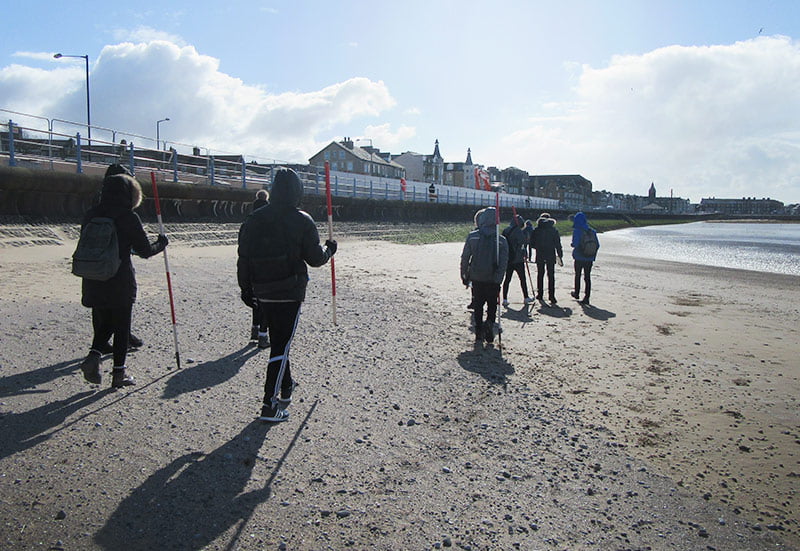
Geography Field Work
The Geography A-Level specification will excite students’ minds, challenge perceptions and stimulate their investigative and analytical skills. Units build upon the knowledge developed at GCSE and encourage students to engage with current global issues. Content is framed by enquiry questions that encourage an investigative and evaluative approach to learning. A holistic understanding of geography will encourage students to make links between different geographical themes, ideas and concepts through synoptic themes embedded in the taught content.
The Geography course is designed to develop your subject knowledge as well as a wide range of skills that universities and employers are look for including data interpretation and analysis, as well as extended writing and informed decision making exercises. Studying the A-Level Geography course will develop you into a well-rounded academic with opportunities to engage and publish work in academic literature and attend international conferences. Fieldwork compliments the taught content and provides an opportunity for students to engage with the world around them. Exams are sat at the end of Year 13.
Entry Requirements
To study the course, you will need to have achieved a grade 5 in GCSE Geography. Students who can demonstrate an intense interest in the subject/show talent and have not studied at GCSE may be considered.
Physical Geography
- Tectonic Processes and Hazards
- Glaciated Landscapes and Change
- The Water Cycle and Water Insecurity
- The Carbon Cycle and Energy Security
Human Geography
- Globalisation
- Regenerating Places
- Superpowers
- Migration, Identity and Sovereignty
AS Level Geography (Year 12)
- Paper 1 (50 %) – Physical Geography.
- 90marks. 1 hour 45 mins
- Paper 2 (50 %) – Human Geography.
- 90marks. 1 hour 45 mins
A Level Geography ( Year 13)
- Paper 1 (30 %) – Physical Geography
- Paper 2 (30 %) – Human Geography
- Paper 3 (20 %) – Synoptic Investigation of a Geographical Issues
- Non-Examined Assessment (20%) – Independent
- Investigation (coursework, internally-assessed)
